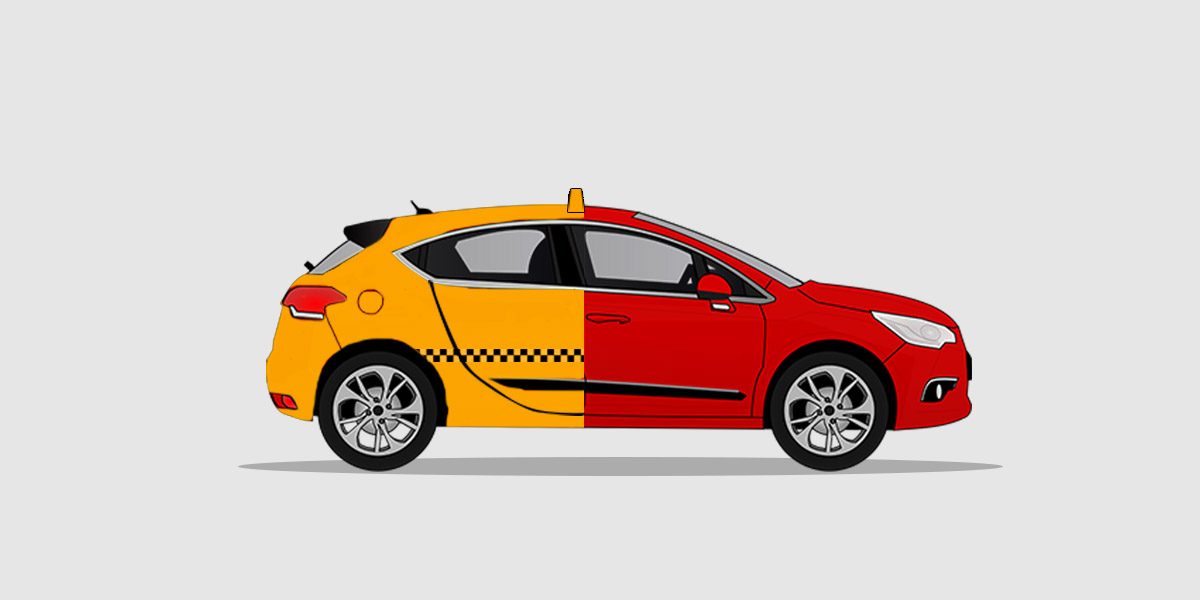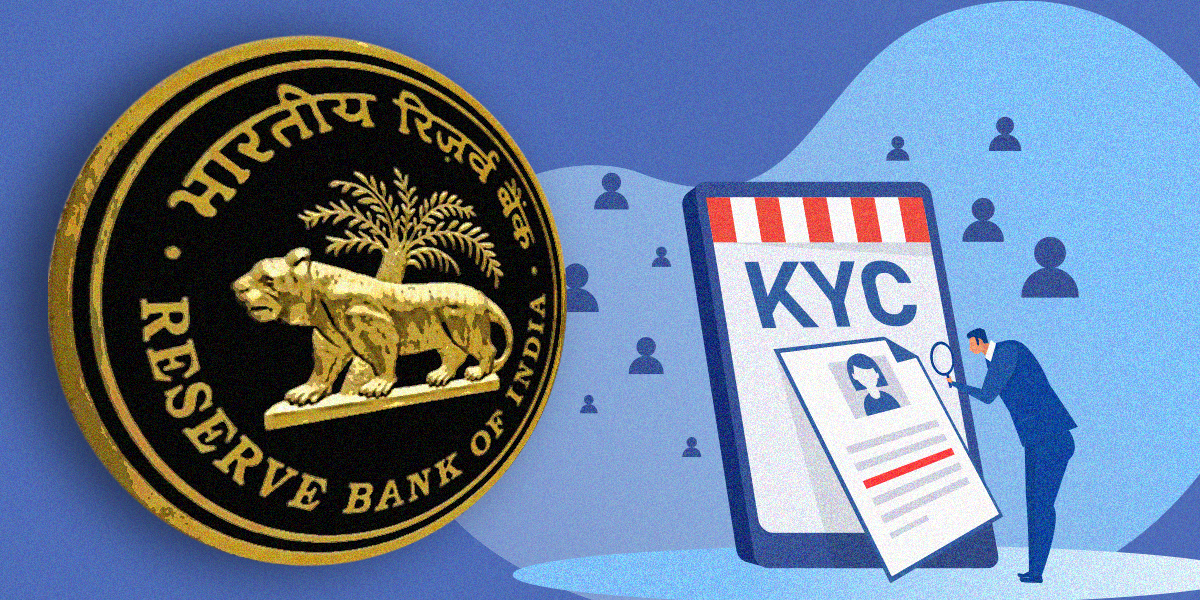The transport ministry has opposed the government think-tank Niti Aayog’s suggestion to use private vehicles as shared taxis as a measure to car ownership in major cities.
According to the Ministry, the commercial vehicles have a completely different registration process. Besides, there is no such provision in the Motor Vehicles Act to allow private cars to run as app-based taxis, including operations such as ride-sharing and pooling.
“We have to protect the interests of over 5 million taxi owners who have paid commercial duties and permit fees to run taxis. Their employment cannot be endangered and also allowing private cars would be something like doing away with the concept of taxis,” a top government official said talking to ET.
Commercial vehicles also have to pay higher duties, insurance premium and other permit charges than private vehicles.
The official added that in spite of all the convenience, different legal aspects can’t be overlooked and have to be kept in mind. Even if it’s allowed, some registration mechanism for such cars has to be found.
Acknowledging the continuously rising menace of pollution and traffic congestions, Indian government was examining the use of private vehicles as shared taxis.
Following the development, Niti Aayog also partnered with ride-sharing firm Uber Technologies and other companies to assess the economic and environmental impact of using private cars as taxis. The three-month study would look at the safety, regulatory, tax and insurance implications.
The idea behind the new measure is to set up a clear and reasonable regulatory framework for ride-sharing so it allows companies to operate in India seamlessly.
Though the move was hailed by app-based players like Uber and Ola, experts cautioned that it will irk taxi operators who typically pay higher fees for commercial licences while facing more rigorous vehicle testing.
Besides, the suggestion (if it is enforced) will also impact the car sales in the country, where the ownership ratio is already low compared with other countries. There are fewer than 20 cars for every 1,000 people in India.














